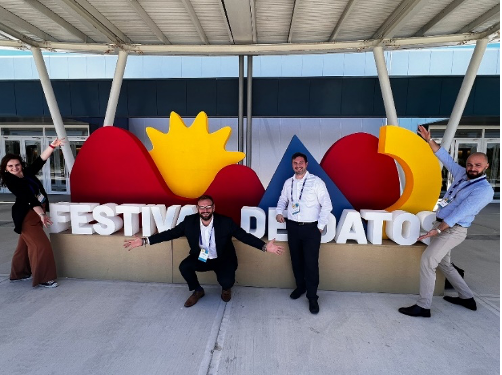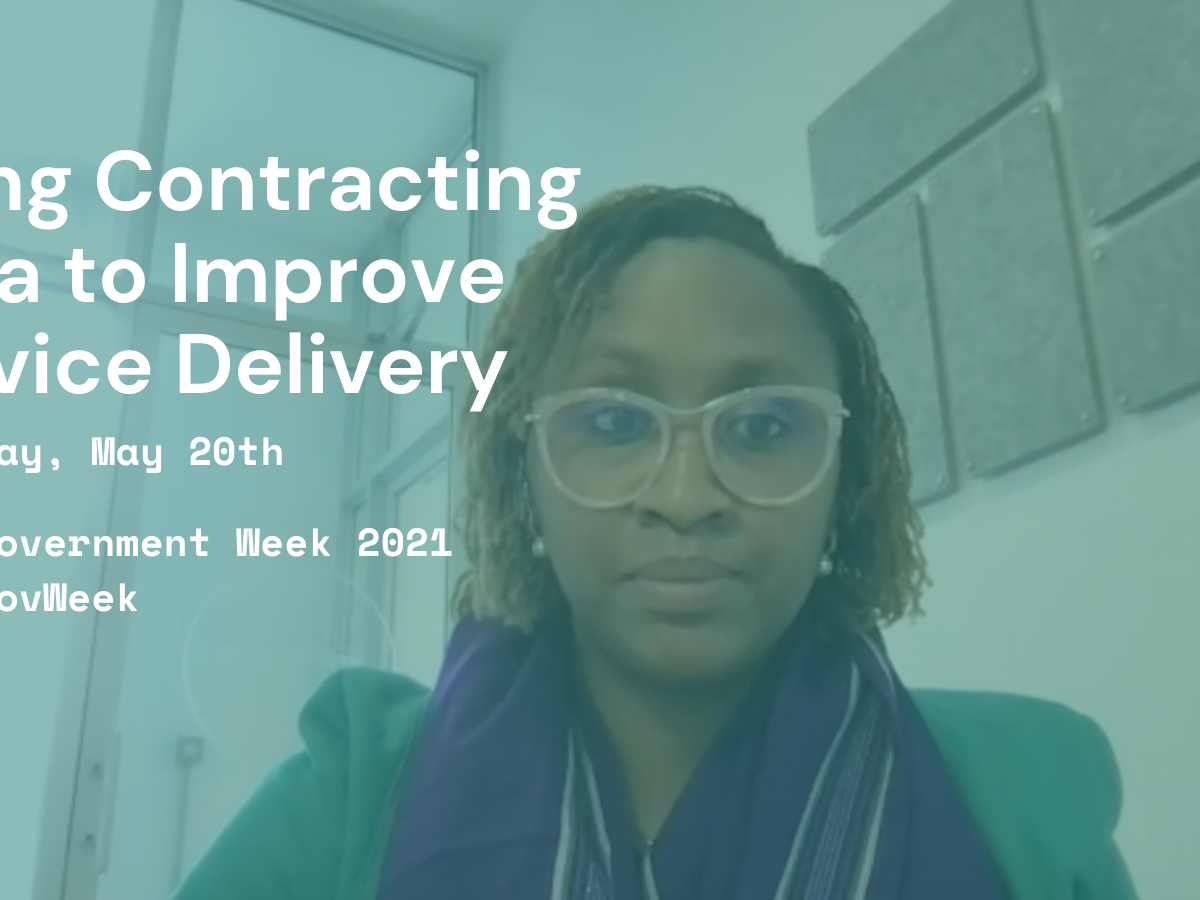Open Data, Open Knowledge, Open Solutions: Possibilities and Pitfalls’
A panel discussion on “Open Data, Open Knowledge, Open Solutions,” hosted by the World Bank Institute on September 22, served as a platform for participants to discuss the multifaceted dimensions of open data in international development. It focused on global interconnectedness, free information flows, new technologies, and greater openness. Panelists explored different avenues to further empower individuals and to create new solutions to global development challenges.
In her opening remarks, Caroline Anstey, Managing Director of the World Bank highlighted the Open Data and Mapping for Results initiatives as examples of the push towards democratization of knowledge. She referred to technology tools as a key way to acquire input from aid beneficiaries, leading to greater transparency and accountability. Ms. Anstey challenged the panelists to think of the innovative ways to make the World Bank’s open data fully interactive and to gather insights from the beneficiaries on what works in development.
Some of the key ideas voiced at the discussion included the need to foster citizens’ capacity to provide feedback, a better South-South and South-North knowledge exchange, an improved awareness of people’s rights and entitlements, and a greater role of intermediaries in facilitating traditional advocacy efforts. Much of the discussion focused on the global trends in public data and future means to include multiple stakeholders in the process. Sanjay Pradhan, Director of the World Bank Institute, for example, underscored the need for multilateral efforts towards open data and for national governments to open up their budget information.
Jean-Louis Sarbib, CEO of Development Gateway, discussed the ongoing transformation of technology tools available to development practitioners. In his remarks, Mr. Sarbib highlighted the need to empower beneficiaries and to experiment with tools to obtain their feedback. As an example of such an effort, Mr. Sarbib highlighted a crowdsourcing initiative of AidData, the World Bank Institute, UNICEF and Ushahidi in Uganda. As part of this project, Mr. Sarbib noted, randomized controlled trials are being used along with different channels of information to determine the key factors that influence people’s decisions to provide feedback. Mr. Sarbib concluded by emphasizing the importance of creative ideas in development and the key role of the World Bank in disseminating such ideas.
Share This Post
Related from our library

Developing Data Systems: Five Issues IREX and DG Explored at Festival de Datos
IREX and Development Gateway: An IREX Venture participated in Festival de Datos from November 7-9, 2023. In this blog, Philip Davidovich, Annie Kilroy, Josh Powell, and Tom Orrell explore five key issues discussed at Festival de Datos on advancing data systems and how IREX and DG are meeting these challenges.

Challenging Pessimists—and Optimists—to Reimagine Data and Power
Josh Powell and Jenna Slotin reflect on the Data Values Project and building a movement for change in data for development.
